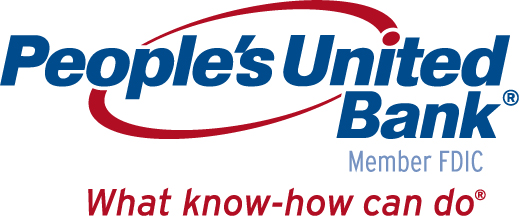


Accessing capital is a major challenge for today’s small business owners. It’s an even bigger task for small business owners who have less-than-perfect credit. Although there are more options available now than ever before to find capital to improve business growth and create jobs, the price tag of some loan products needs to be completely understood before a business owner signs that application. Not every small business owner can afford the price tag of some of this financing. As well, the more traditional bank loan takes an absorbent amount of time get through, even when it’s backed by the SBA. However, it’s a tough decision for small business owners to bank local, or veer away from the shop local theme.
We’ve compiled a little bit of information to help you get over that hurdle in obtaining cash to continue building your business. If you have the time, patience and credit, check with your bank’s branch manager about obtaining a small business loan. Be prepared for a lengthy application process, possible application fees, and personal collateral to back your loan, if approved.
The SBA is another place to check for information in obtaining a loan. SBA provides a number of financial assistance programs for small businesses that have been specifically designed to meet key financing needs, including debt financing, surety bonds, and equity financing. While they do not fund or service the loan, they will back the loan in the event of default. SBA sets the guidelines for loans, which are then made by its partners (lenders, community development organizations, and microlending institutions). SBA-guaranteed loans may not be made to a small business if the borrower has access to other financing on reasonable terms. Check with your banks branch manager to see if they are an SBA partnering institution. Again, be prepared for a lengthy application process, realistic and drawn out business plan, and possible application fees. Typically, the lending institution will process a UCC filing with the state to claiming an interest into your business property should you default.
Another option, which is my personal favorite, is an online small business lender called OnDeck Capital. OnDeck is a company that makes loans to small businesses. You can find them online at OnDeck.com. The company lists five requirements that are put forth for easy viewing, and requests minimal, if any, documentation that has to be submitted. Typically the whole application process takes less than 10 minutes, as well; you will get a decision in minutes and funding as quickly as 24 hours. There is a 2.5% loan origination fee, but the time and aggravation of applying for the more traditional loan may be well worth that amount. Don’t worry about paying the monthly bill; they take a daily payment amount from your business account each day of the week, excluding weekends and holidays. There are several other online small business lenders out there worth taking a look at as well.
In all, every business has different requirements and expectations for their lenders. Some may still enjoy the time spent refreshing the business plan, and having lunch with the branch manager then waiting a couple of weeks for a decision, while others enjoy the new, online style of doing business that frees up their time and gives them a quick answer and funding alike. Hence, just another business decision to be made. Click the links above to see what works best for you.
Written by: Mark Desrochers, Jambs Jewelry
Raymond, NH